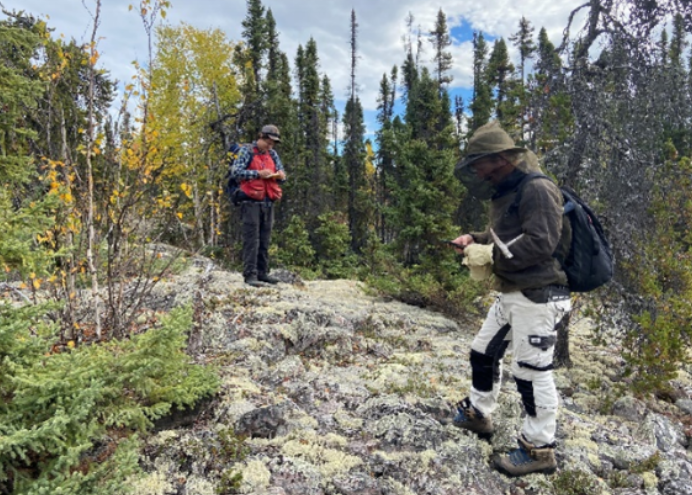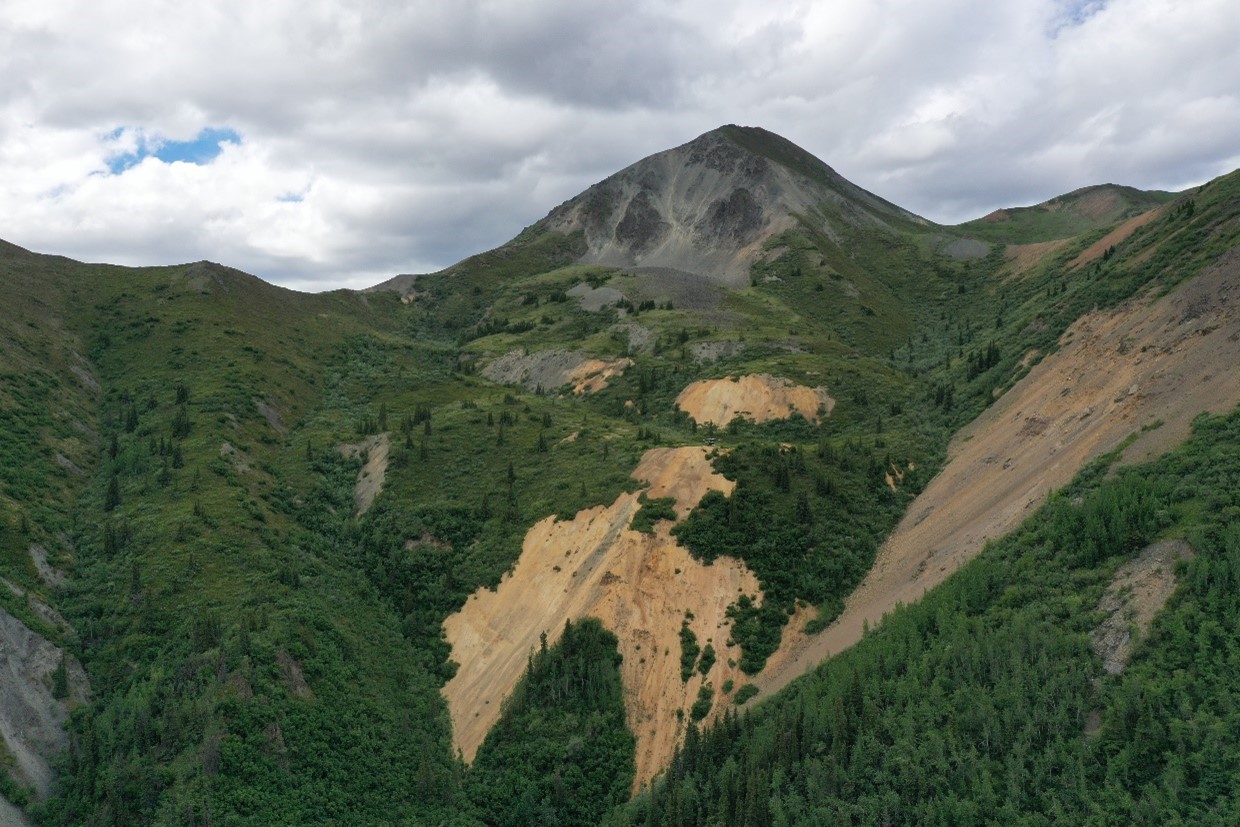IQALUIT: Arctic communities and governments recently took major steps toward reducing reliance on diesel fuel at the Arctic Renewable Energy Summit in Iqaluit, including entering into discussions to establish a Nunavut Renewable Energy Partnership.
The summit was organized by WWF-Canada and co-hosted by the Government of Canada, Government of Nunavut, and the Qulliq Energy Corporation (the government-run electricity utility for Nunavut).
Key developments at the summit:
* Nunavut Minister of Energy and Environment Joe Savikataaq announced his government's commitment to creating a territorial Climate Change Secretariat. * The Qulliq Energy Corporation announced it is launching a net metering program in the spring of 2017, an important step in opening the door to energy sources other than diesel as it allows renewable energy to be added to the electricity grid.
* WWF-Canada announced the launch of a fund for habitat-friendly renewable energy training for Arctic communities, to drive local expertise and economic development.
* Key participants entered into discussions toward the formation of a formal partnership to expedite the transition to habitat-friendly renewable energy in the Canadian Arctic.
* The Nunavut hamlet of Arviat, in a letter of support, stated its commitment to any efforts to increase the use of renewable energy in the territory, for both environmental and economic reasons as "the case for renewable energy in Nunavut has been convincingly made." * The Waterloo Institute for Sustainable Energy presented new research that shows millions of dollars in savings for some Nunavut communities by shifting to more renewable energy generation.
Federal representatives joined Nunavut cabinet ministers, Inuit and community leaders, WWF-Canada and dozens of energy, legal, science, policy, engineering and environmental experts to learn about Arctic communities in Alaska and Russia, as well as a major Canadian mining company, that already rely on clean energy.





Comments